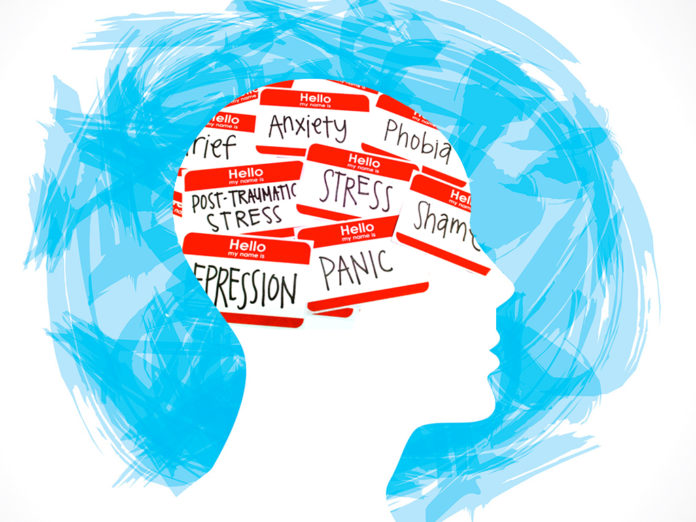
New Lancet Commission report exposes “collective failure” to address mental health needs
A new Lancet Commission report on mental health released today exposes a “collective failure to respond to this global health crisis,”.
Unaddressed mental health issues, the report assessed, cause long-lasting and preventable harm to people, communities and economies. Mental disorders are on the rise in every country in the world and will cost the global economy $16 trillion by 2030.
The Lancet Commission on Global Mental Health and Sustainable Development brought together 28 global experts in psychiatry, public health, neuroscience and advocacy, as well as people with first-hand experience of mental health conditions.
In many countries, people with mental disorders still routinely suffer gross human rights violations – including shackling, torture and imprisonment
Launching at the first-ever Global Ministerial Mental Health Summit in London, the Commission’s report outlines a blueprint for action to promote mental wellbeing, prevent mental health problems and enable recovery from mental disorders.
“Mental health is the foundation of human capability that makes each life worthwhile and meaningful. It is for this reason that there can be no sustainable development without attention to mental health,” said Commission Joint Lead Editor, Professor Vikram Patel of the Harvard Medical School.
The report shows that in many countries, people with mental disorders still routinely suffer gross human rights violations – including shackling, torture and imprisonment. Bringing attention to these kinds of abuse and discrimination, the Commission calls for a human rights–based approach to ensure that people with mental health conditions are not denied any of their fundamental human rights – not just to health but also to employment and education, among others.
“The Commission calls out the shameful and shocking treatment of people with mental ill health around the world,” said Dr Richard Horton, Editor-in-Chief of The Lancet. “The Commission advocates for the rights of the communities it covers and argues that everyone is entitled to dignity, autonomy and freedom from discrimination.”
The Commission recommends a wholesale shift to community-based care. It recommends the delivery of psychosocial interventions by community health workers, peers and a range of other providers, such as teachers and the clergy, as well as medical professionals working in primary care, to provide the foundation of the mental health care system.
“Mental health affects everyone, either directly or through our relatives and close friends. There has been great progress in research and awareness over the last decades, but as the Lancet Commission shows too many people are still left behind. By bringing together expertise from around the world and across disciplines we can improve understanding and treatment of mental health to tackle one of the greatest challenges of our time,” said Dr Jeremy Farrar, Director of Wellcome.
Among the Commission’s key recommendations is a new Global Partnership to mobilise funds, help drive on-the-ground change and hold governments accountable. This Partnership would bring together allies from across the diverse global mental health community and beyond.













